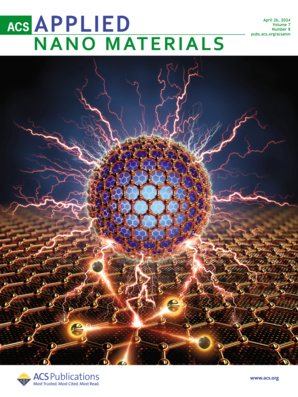The Mitochondrial-Derived Peptide MOTS-c Alleviates Radiation Pneumonitis via an Nrf2-Dependent Mechanism
Abstract
Radiation pneumonitis (RP) is a prevalent and fatal complication of thoracic radiotherapy due to the lack of effective treatment options. RP primarily arises from mitochondrial injury in lung epithelial cells. The mitochondrial-derived peptide MOTS-c has demonstrated protective effects against various diseases by mitigating mitochondrial injury. C57BL/6 mice were exposed to 20 Gy of lung irradiation (IR) and received daily intraperitoneal injections of MOTS-c for 2 weeks. MOTS-c significantly ameliorated lung tissue damage, inflammation, and oxidative stress caused by radiation. Meanwhile, MOTS-c reversed the apoptosis and mitochondrial damage of alveolar epithelial cells in RP mice. Furthermore, MOTS-c significantly inhibited oxidative stress and mitochondrial damage in MLE-12 cells and primary mouse lung epithelial cells. Mechanistically, MOTS-c increased the nuclear factor erythroid 2-related factor (Nrf2) level and promoted its nuclear translocation. Notably, Nrf2 deficiency abolished the protective function of MOTS-c in mice with RP. In conclusion, MOTS-c alleviates RP by protecting mitochondrial function through an Nrf2-dependent mechanism, indicating that MOTS-c may be a novel potential protective agent against RP.





